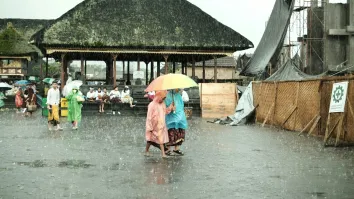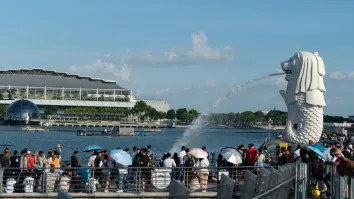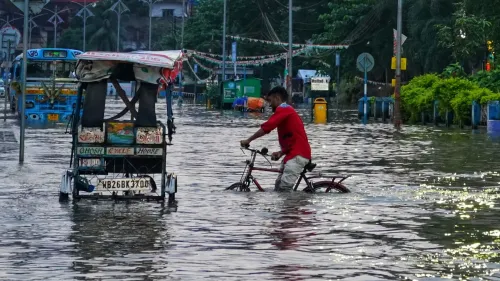
Insurance operations complicated by foreign investment decline
The decline is mainly due to geopolitical tensions, COVID-19, and Russia-Ukraine war.
The global economy is shifting toward "geoeconomic fragmentation," a trend characterised by declining cross-border trade and investment due to geopolitical tensions, the COVID-19 pandemic, and conflicts such as the Russia-Ukraine war, according to the Geneva Association.
This shift marks a move away from efficiency-oriented global integration toward prioritising national security and economic resilience, the association’s “Insurance in a Fragmented World Economy” report released early this month.
Whilst full-scale deglobalisation is unlikely because of continued economic interdependence, protectionist policies have reversed many of the gains achieved during decades of trade liberalisation.
Foreign direct investment (FDI) has steadily declined as a share of global GDP since the 2008 financial crisis, exacerbated by geopolitical tensions.
Capital flows are now increasingly restricted within geopolitical blocs, leading to a restructuring of global supply chains through "reshoring" and "friend-shoring."
Whilst these strategies aim to reduce geopolitical risks, they come with increased production costs, which could drive inflation higher.
The fragmentation of technology transfer has further hindered innovation and productivity, with estimates suggesting that technological decoupling could lower GDP by up to 5% in some economies over the next decade.
Combined with restrictions on trade and investment, this fragmentation may reduce GDP growth by as much as 12% in certain countries.
The insurance industry is facing both challenges and opportunities as a result of these developments.
Insurers must contend with operational complexities arising from increasingly divergent regulatory frameworks whilst addressing heightened risks related to political instability, supply chain disruptions, and cybersecurity threats.
Commercial and specialty insurers are particularly affected, with heightened exposure to political instability and supply chain interruptions.



















 Advertise
Advertise







